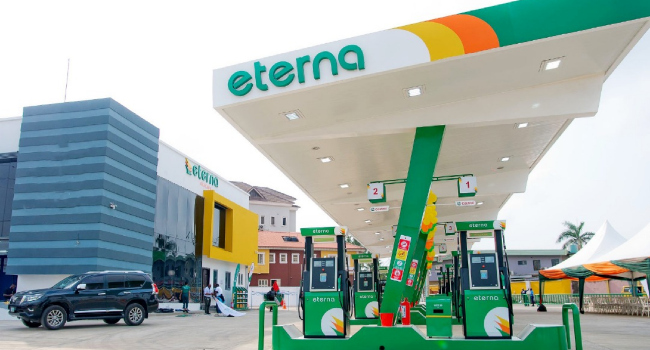The Central Bank of Nigeria (CBN) has introduced new regulations requiring foreign exchange sellers to Bureau De Change (BDC) dealing with amounts equal to or exceeding $10,000 to disclose their sources of forex. Haruna Mustapha, the director of the Financial Policy and Regulation Department at CBN, announced the measures as part of an effort to curb misconduct within BDCs and stabilize the foreign exchange market.
Mustapha emphasized the importance of compliance with Anti-Money Laundering/Combating the Financing of Terrorism (AML/CFT) regulations for such transactions. The revised guidelines aim to bolster the regulatory framework governing BDC operations and align with ongoing reforms in the Nigerian foreign exchange market.
The regulatory changes encompass a range of provisions, including clarifications on permissible activities, licensing prerequisites, corporate governance standards, and AML/CFT guidelines for BDCs. Additionally, the rules outline new stipulations on record-keeping, reporting obligations, and the prerequisite of obtaining prior authorization from the CBN to engage in BDC activities within Nigeria.
Furthermore, the guidelines expressly prohibit various entities, such as commercial banks, merchant banks, non-interest banks, payment service banks, Other Financial Institutions (OFIs), holding companies, payment service providers, and certain personnel from promoting BDCs. BDCs are defined as companies licensed by the CBN exclusively for retail foreign exchange transactions in Nigeria.
Authorized sources from which BDCs can obtain foreign currency include tourists, diaspora returnees, expatriates with foreign exchange earnings, International Money Transfer Operators (IMTOs), authorized buyers of foreign currencies like embassies and hotels, the Nigerian Foreign Exchange Market (NFEM), and any other sources approved by the CBN.
The guidelines strictly forbid BDCs from engaging in street-trading, operating public accounts, offering safekeeping services, accepting deposits, extending loans to the public, retailing foreign currencies to non-individuals (except for Basic Travel Allowance purposes and international transfers), conducting offshore business, or establishing foreign correspondent relationships.
Amidst these stringent regulations, the CBN aims to enhance transparency, combat financial crimes, and promote stability in Nigeria’s foreign exchange landscape.
NAN



